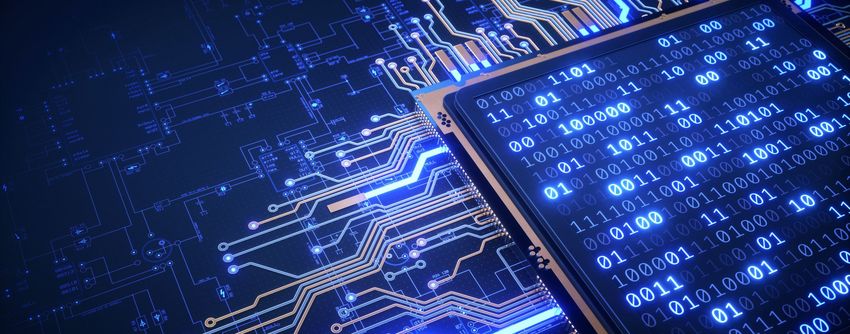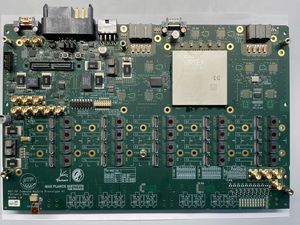FPGA devices are increasingly gaining in popularity nowadays, being implemented for frontier applications in medicine, telecommunication, Artificial Intelligence and space. In contrast to traditional hardware with predefined features, FPGAs can be programmed for specific tasks and are therefore extremely versatile.
As a result, they have become a cornerstone of modern electronics, enabling rapid prototyping and innovation in various industries - as well as in particle physics. FPGAs are indispensable for the real-time processing of the immense data volumes generated in experiments like those at the CERN Large Hadron Collider.

